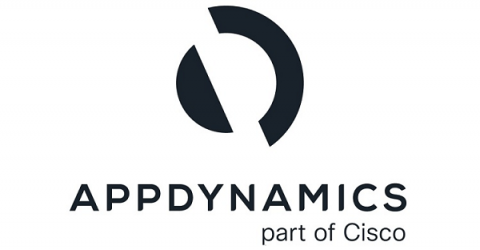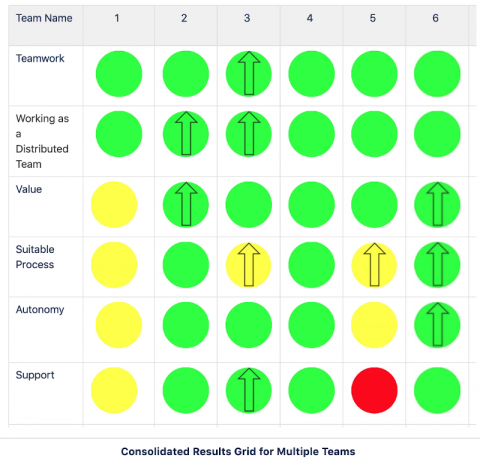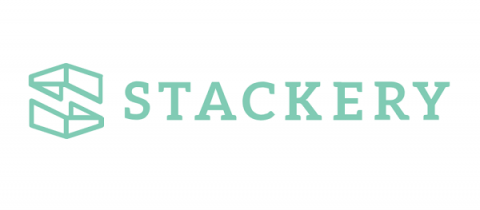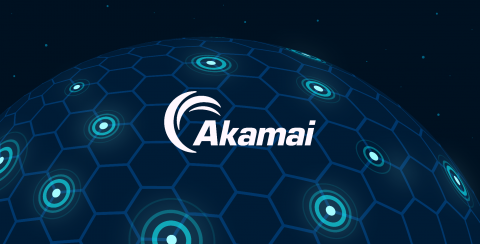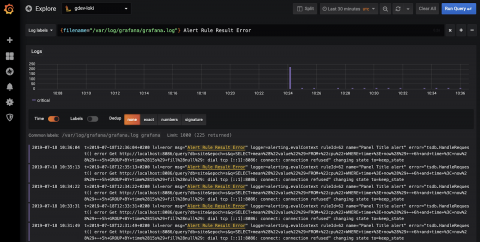Introduction to Error Handling in Angular 7 Using Rollbar
In this tutorial, you will be introduced to errors tracking in Angular 7 using the errorHandler class and Rollbar. This is the last part of the Angular 7 error handling series, you can refer to the first part here, and the second part here. In this series, you have been introduced earlier to handling client side errors and then HTTP errors gracefully in Angular 7 with tools like errorHandlers, Interceptors and even RxJS operators.



